
Absolute Forgiveness
It took only moments for the two fathers to reach an agreement. The wedding that was held later that month, was a celebration which created peace...

It took only moments for the two fathers to reach an agreement. The wedding that was held later that month, was a celebration which created peace and goodwill between all the citizens of Vilna.
The Rashash, Rabbi Shmuel Strahsuhn, was one the leading sages of Vilna and a wealthy man. He was renowned for his keen insights into the Talmud. He asked very tough questions on every page in the Talmud. His famous commentary includes many of these questions, some answered and some not. Scholars to this day still wrestle with his questions. He became a partner in the printing of the Vilna Shas, one of the first printed editions of the entire Talmud. Since the Vilna edition included his commentary, it became immensely popular and he subsequently became very wealthy.
The Rashash maintained a special free loan fund which was available to all the residents of Vilna. Once, a simple Jew, a baker, who had borrowed money from the Rashash, arrived at his home with the funds in hand to repay his loan. He was admitted into the Rashash’s study where the Rabbi was engrossed as usual in his learning. He accepted the money from the baker, nodded his head in recognition and placed the bills between the pages of the Tractate that he was studying, without interrupting his learning.
Several months later, when the Rashash was reviewing the ledgers of the Fund, he came across a delinquent loan; the baker’s. He called the baker in and requested payment of the loan, but the baker demurred, insisting that the loan had been repaid months before. But the Rashash, who was as meticulous a businessman as he was a scholar, only saw that in his ledger the loan was still outstanding. After several attempts to obtain repayment of the loan, he finally brought the baker to a Beis Din (Rabbinic Tribunal) to adjudicate the case. The baker, having no evidence of repayment, and going against the reputation of the one of the greatest sages of Vilna, was ordered to pay the amount of the loan to the Rabbi. The humiliation he suffered was horrible. People stopped buying baked goods in his bakery and he was soon forced to leave Vilna for a distant town, hoping to rebuild his life. Even his son, a promising young scholar in his own right, was forced to leave his studies in Vilna, and found it all but impossible to find an appropriate wife.
Less than a year passed. The Rashash was reviewing the same Tractate that he had been learning when the baker came to repay his loan. As he turned the page, a packet of bills dropped down on the table in front of his volume. It took only a moment for the Rashash to realize what had happened, and what he had, inadvertently, caused. Immediately he rose, and summoned his coach to take him to the distant town where the baker now lived. It was a full day’s journey, but the Rashash was intent on righting his misdeed. He urged the driver on, and finally they found the town and the home of the exiled baker.
The baker’s surprise at seeing the sage quickly turned to dismay as the Rashash explained to him how he had found the money from the loan and wished now to beg his forgiveness. "I would gladly forgive you", sighed the baker, "but what good will it do me now? I’m ruined, and I’ve lost everything. Not only my business, but also my reputation in the community. No matter where I go, I am haunted by the fact that I dared to stand up to the Rashash in Beis Din. How will it help me to forgive you?"
The Rashash, understanding the baker’s position, countered with another offer. "I can make a public apology. I will go before the entire congregation of Vilna and admit my mistake. Thus you will be exonerated!"
"No, that won’t help either", insisted the baker. Everybody will just think that the Rashash, with his tremendous piety, is forgiving me. Nobody will really believe that it is true."
The Rashash realized that the baker was correct. What could he do to right the misdeed he had done? How could he demonstrate beyond any doubt, that he indeed wronged the baker and was doing Teshuva for it? After a number of heart-aching minutes he knew that he had found the solution.
"Sir", he said addressing the baker. "I propose the following. You have a son, and I have a daughter. Let’s unite them in marriage, and I will cover all the costs. Let it be a sign that I was in the wrong and that you were in no way deserving of the unmerciful treatment you received!"
It took only moments for the two fathers to reach an agreement. The wedding that was held later that month, was a celebration which created peace and goodwill between all the citizens of Vilna. It was long remembered as one of the most joyous celebrations that the Jews of Vilna had ever experienced.


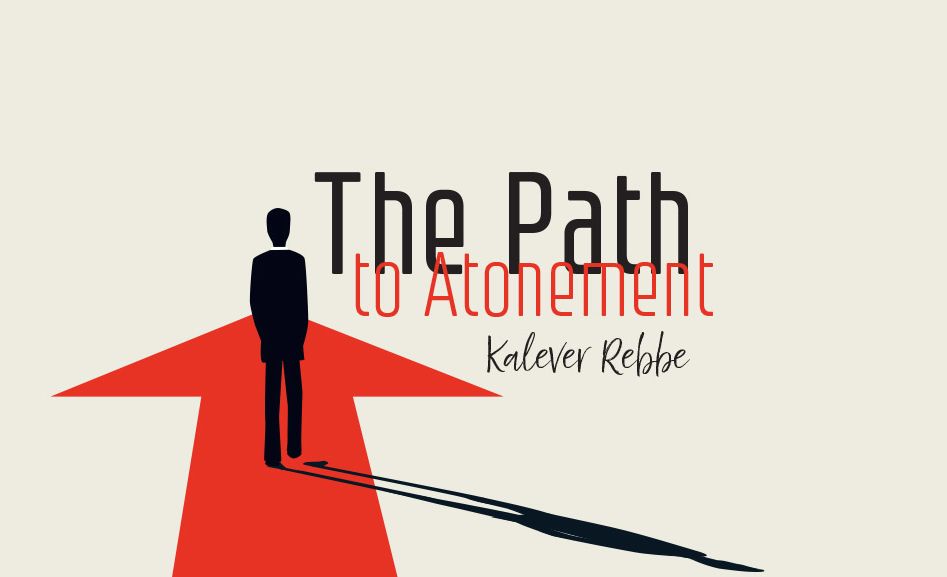

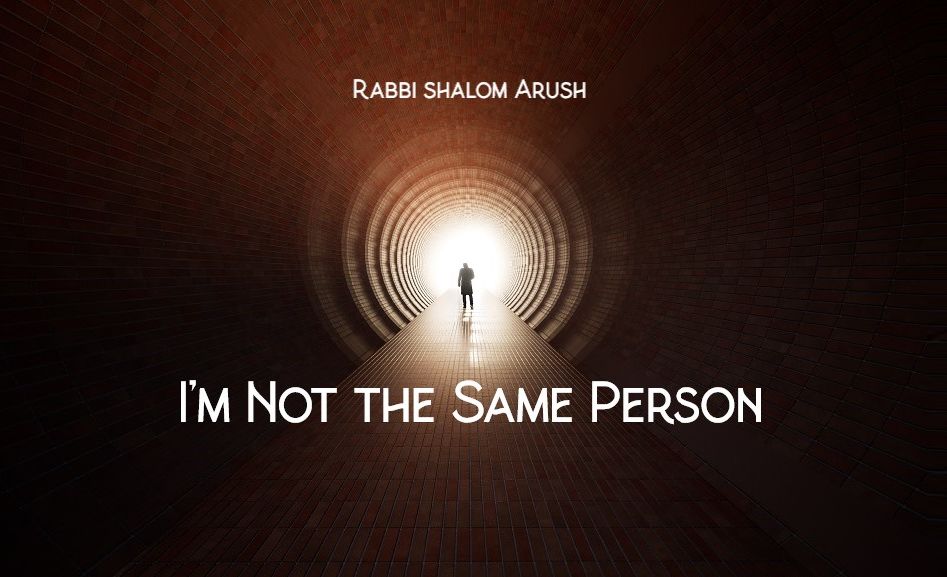


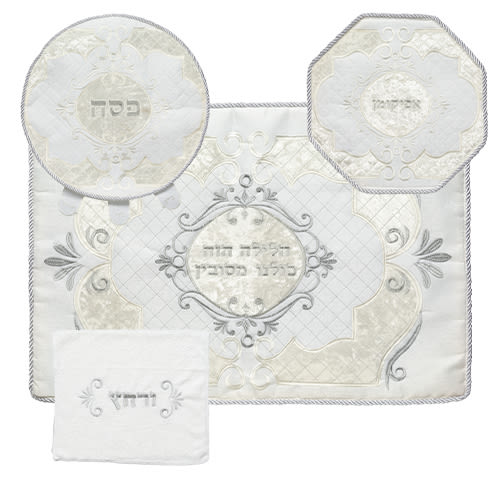
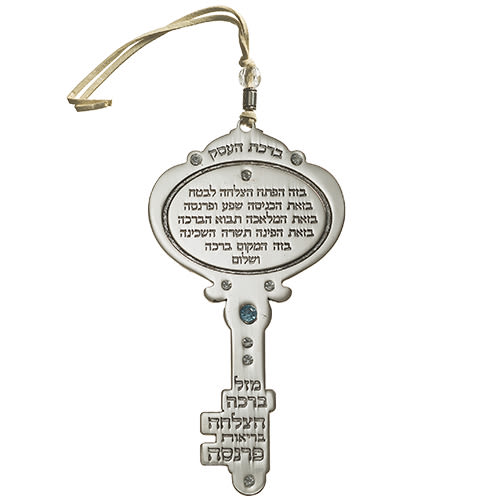
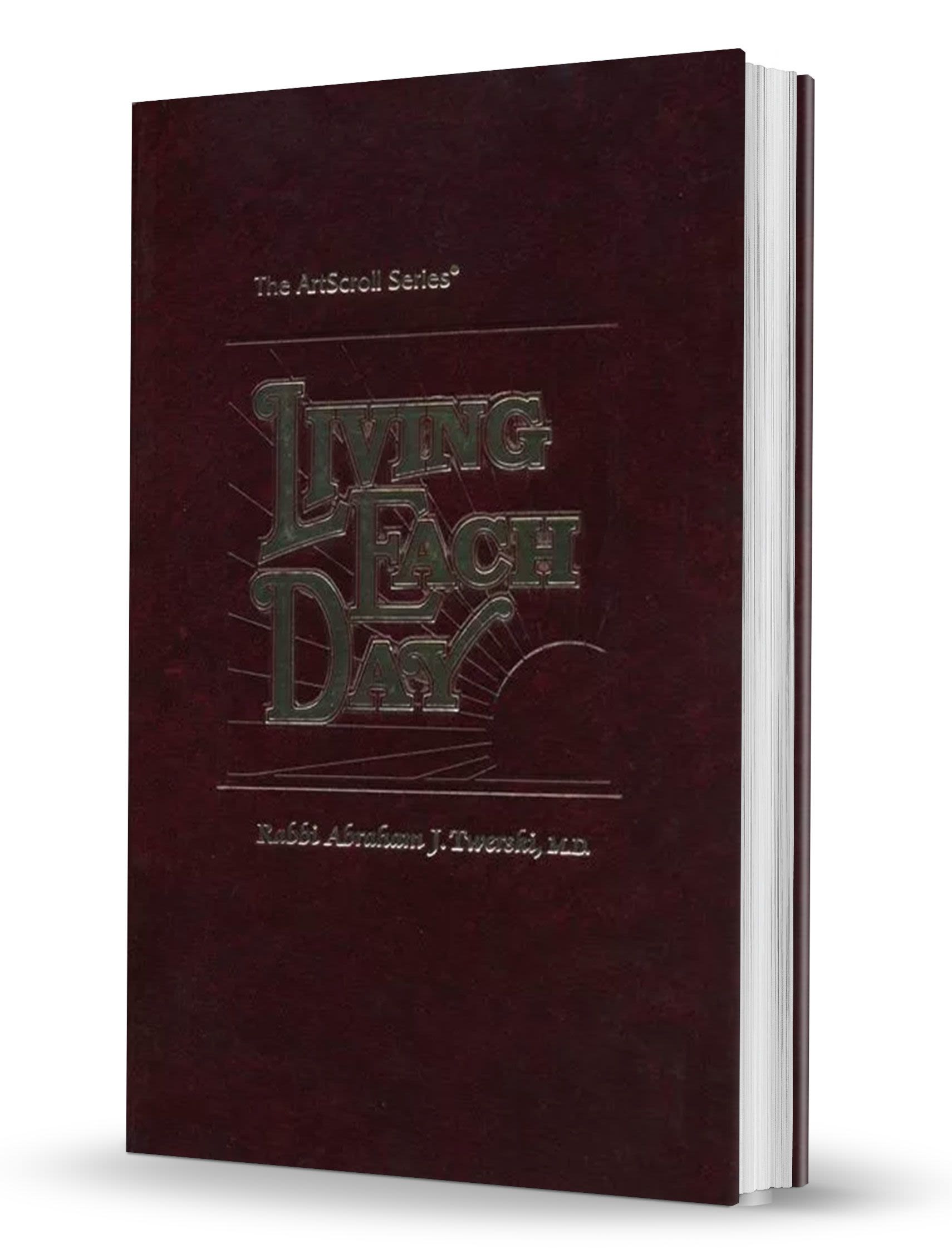

Tell us what you think!
Thank you for your comment!
It will be published after approval by the Editor.